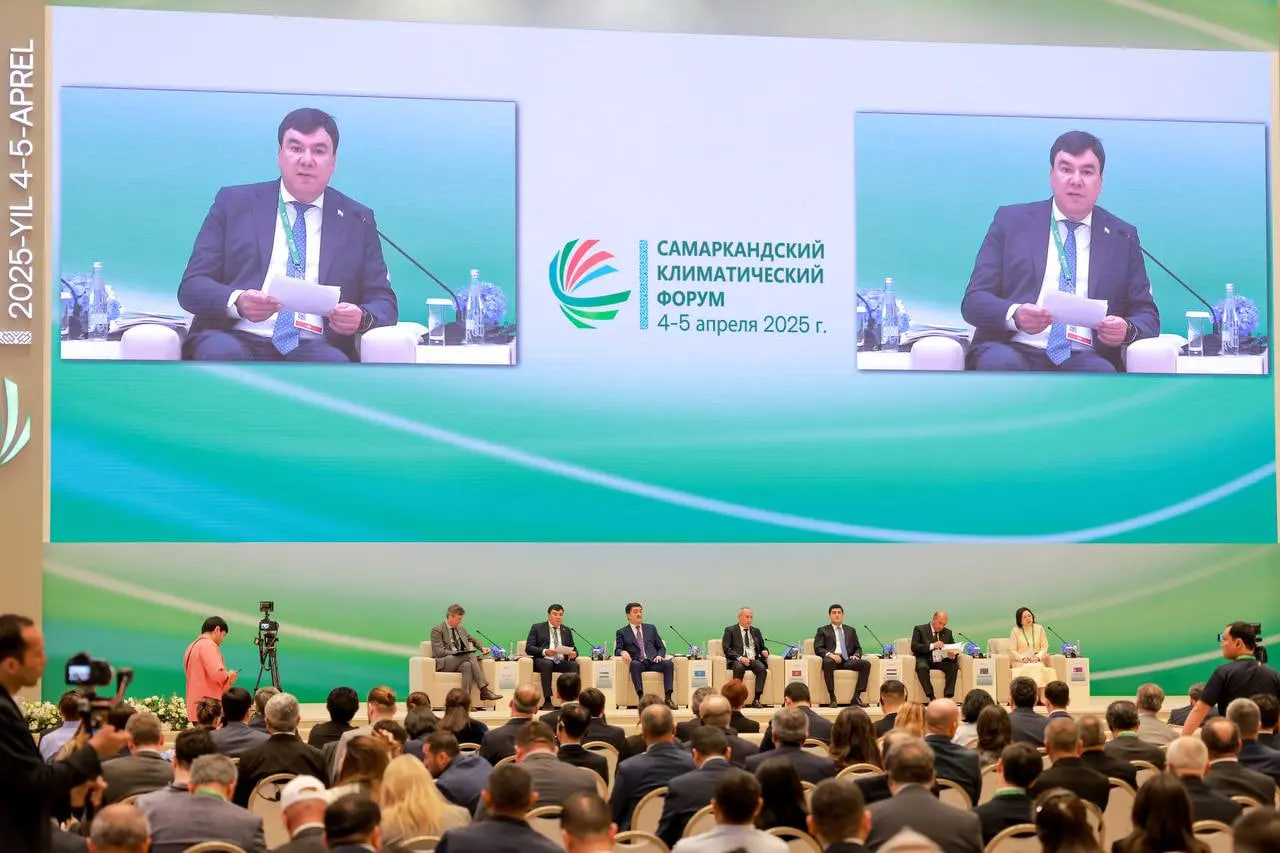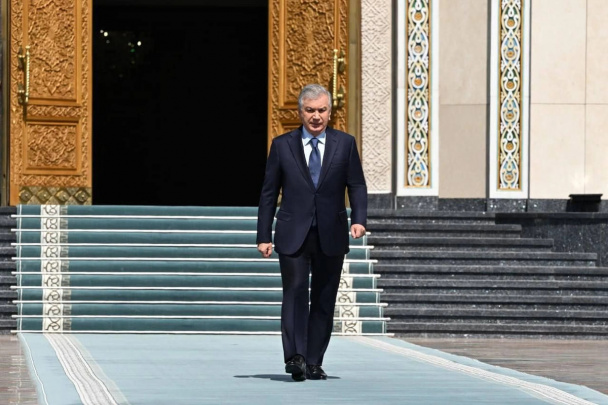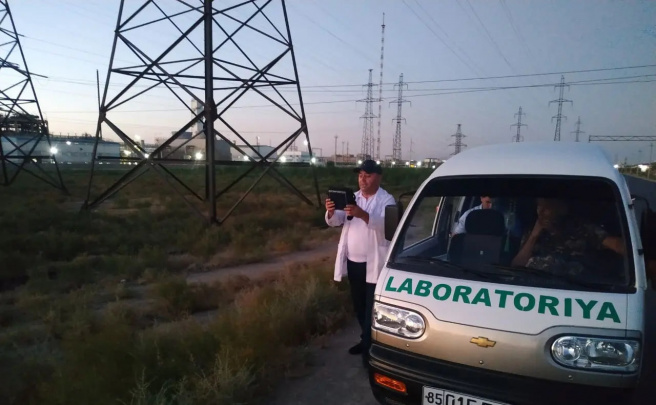Samarkand Climate Forum sets stage for global climate action
On April 4–5, Uzbekistan once again hosted a prestigious international event — the Samarkand Climate Forum.

Photo: Ministry of Ecology and Climate
The forum was the first event in Central Asia’s history dedicated exclusively to climate issues. Its significance was underscored by the participation of three UN Deputy Secretaries-General, heads of UN environmental organizations and conventions, representatives from more than 30 countries, international organizations and agencies (UNCCD, FAO, UNIDO, UNECE, ICBA, and others), as well as ministers and leading experts in the field of ecology.
During the forum, the Green Development Concept was presented, and an agreement was reached to take the necessary steps toward its adoption at COP30 in Brazil.
It is worth noting that in 2023, Uzbekistan joined the Climate Club — a voluntary coalition of 43 countries with high climate ambitions, established at COP28. The club serves as a platform for sharing best practices in industrial decarbonization and enhancing global collective climate action.
The Climate Club focuses on three key areas: implementing transparent emissions reduction policies, transforming industry, and strengthening international cooperation. Its main objective is to accelerate climate action to reach global net-zero emissions and support the implementation of the Paris Agreement.
A Memorandum of Understanding was also signed with the German Society for International Cooperation (GIZ) in the fields of environmental protection, climate change mitigation, and the sustainable use of natural resources. The document aims to implement specific measures in Uzbekistan and Central Asia, support the country’s sustainable, climate-resilient, and low-carbon development, and help fulfill international agreements.
In addition, a Memorandum was signed between the Ministry of Ecology of Uzbekistan and the Ministry of Natural Resources of Kyrgyzstan to allocate quotas for training specialists at the Central Asian University of Environmental and Climate Change Studies (Green University). Under the agreement, up to nine quotas will be provided to students from Kyrgyzstan (up to 5 for bachelor’s and up to 4 for master’s programs). The goal is to enhance regional cooperation and train qualified professionals in the fields of ecology and climate change.
A Strategic Cooperation Agreement was also signed with the UNICEF Representative Office in Uzbekistan. It envisions joint efforts to protect the environment, adapt to climate change, reduce the risk of natural disasters, and ensure inclusive and sustainable services for children. Special attention will be given to increasing children's participation in addressing urgent environmental issues and safeguarding their health and well-being.
Related News

12:17
Shavkat Mirziyoyev to visit Turkmenistan

16:35 / 01.08.2025
Aeroflot resumes direct flights between Moscow and Samarkand

12:13 / 01.08.2025
Several factories shut down in Navoi for violating pollution standards, Navoiyazot and others face penalties

20:57 / 30.07.2025



